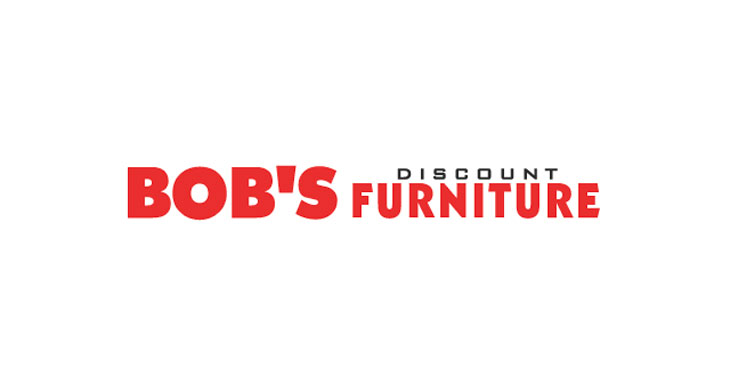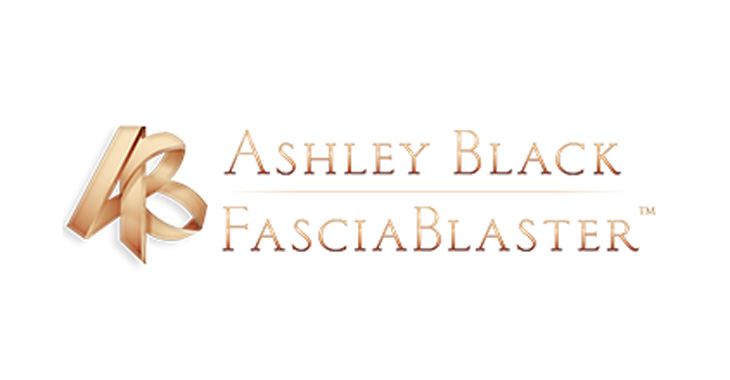
CATrends: Emails Offering Free Gifts
Lawsuits target misleading subject lines.
Information about federal false advertising class actions filed around the country. Please note, our list is neither comprehensive nor reflective of TINA.org’s opinion.
Lawsuits target misleading subject lines.
The holiday shopping season is here. Tread carefully.
Lawsuits throw the red flag on a number of DFS platforms.
Allegations: Falsely promising that customers may cancel orders any time before shipment for a full refund when the companies use tactics to prevent customers from cancelling their orders
Allegations: Misrepresenting that Goof Proof protects furniture against damage caused by accidents for 5 years when Bob’s Discount Furniture denies claims submitted for such reasons
Allegations: Falsely advertising discounts off of artificially inflated reference prices and as available for a limited time
Allegations: Falsely marketing products as nontoxic, natural, eco-friendly, and chemical-free
Allegations: Misleadingly marketing Goof Proof as “the best way to protect your investment from a wide variety of accidents for 5 years” when the furniture store denies claims for many…
Allegations: Falsely advertising the FasciaBlaster
Allegations: Falsely advertising the health and medical benefits of using FasciaBlaster without scientific evidence to support advertised claims









